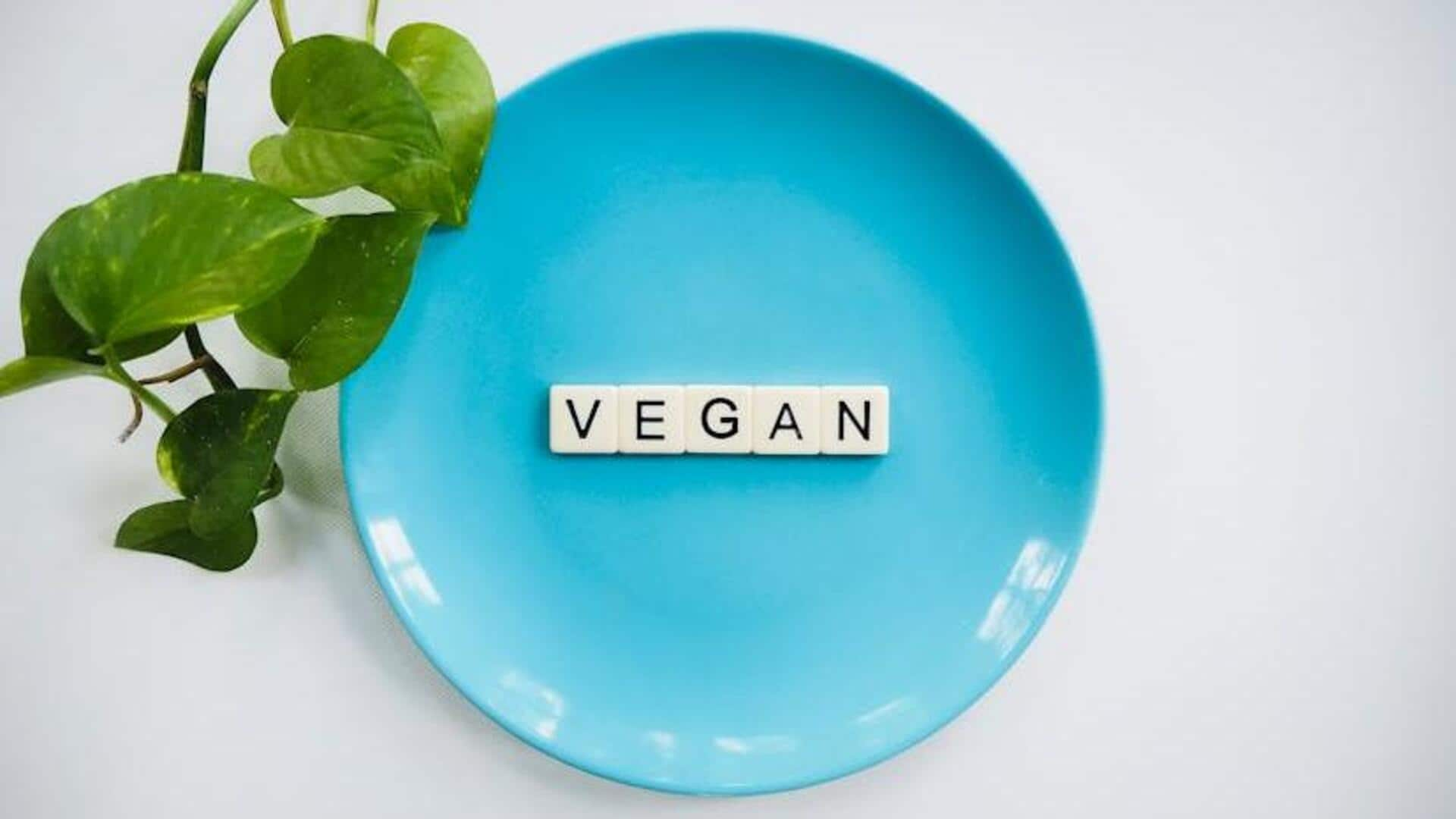
Unraveling the protein myth in vegan diets
What's the story
Many people believe that vegan diets are inherently protein-deficient, a myth stemming from a lack of understanding about plant-based nutrition. This article seeks to dispel the misconceptions surrounding protein intake in vegan lifestyles, equipping readers with the knowledge necessary to make confident dietary decisions. By addressing these myths, we aim to emphasize that a well-planned vegan diet can absolutely meet all protein requirements, encouraging informed and varied plant-based eating choices.
Myth 1
Plant-based proteins are incomplete
A common myth is that plant-based proteins are incomplete and lack some of the essential amino acids. This is a myth because many plant foods, such as quinoa, buckwheat, and soybeans, contain all nine essential amino acids that the body requires. By eating a variety of plant-based foods each day, vegans can get all the amino acids they need without consuming any animal products.
Myth 2
Vegan diets lack enough protein
The second myth is that vegans can't get enough protein to meet their body's needs. This is simply not true. Plenty of plant-based foods are packed with protein. Think legumes, nuts, seeds, and whole grains. Yum! With a little planning and a diverse diet, vegans can not only meet but exceed their daily protein needs.
Myth 3
Protein deficiency is common among vegans
Vegans are unlikely to experience protein deficiency if they consume a varied diet. In developed countries, access to a wide range of foods eliminates the risk of deficiency. A well-planned vegan diet can easily meet all your protein needs, promote health, and still allow for plenty of variety. Understanding the nutritional value of plant-based foods is key to optimal health, empowering you to make informed dietary choices.